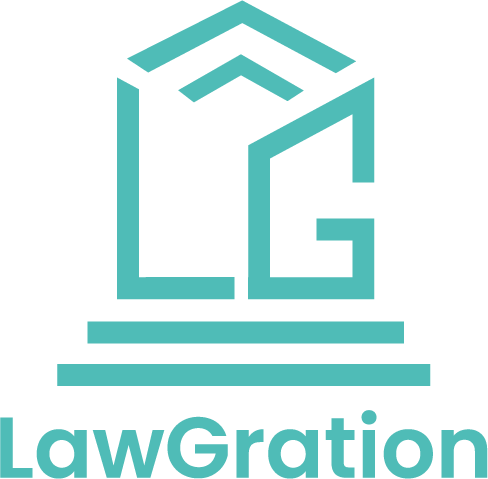On 1 January 2024, changes to the Statutory Declarations Act (Cth) 1959 came into effect, which allow for new ways to make a Commonwealth statutory declaration.
What is a statutory declaration?
A statutory declaration is a kind of legal document in which the person making it, the declarant, attests to the truth and accuracy of the information contained within it.
Statutory declarations are used for various purposes including commonly in support of visa applications.
Importantly, the Commonwealth, states and territories all have different statutory declaration requirements, and these changes only in relation to Commonwealth statutory declarations.
What’s changed?
Traditionally, a statutory declaration could only be executed before an in-person authorised witness (such as a legal practitioner or pharmacist).
However, the recent changes now allow for a Commonwealth statutory declaration to be made in circumstances where an authorised witness observes a declarant’s signature remotely (such as via Microsoft Teams or Zoom).
Additionally, from early 2024, it is anticipated that a third method of making a Commonwealth statutory declaration will become available – using myGov and your Digital Identity.
Regardless of which method is used to make a Commonwealth statutory declaration, the end result will be the same in that each respective method will produce an equally valid Commonwealth statutory declaration.
For all things immigration, feel free to contact us or phone (03 9063 3340).
DISCLAIMER:
All of LawGration’s online posts are subject to this disclaimer. Material contained in these posts should not be construed as legal or immigration advice, nor should it be used as a replacement for such advice. Rather, these posts are intended to be for general informational purposes only, and are current at the time of publication and subject to change without prior notice. Before deciding on any course of action, we strongly recommend that advice is sought from a duly qualified and licensed professional.
